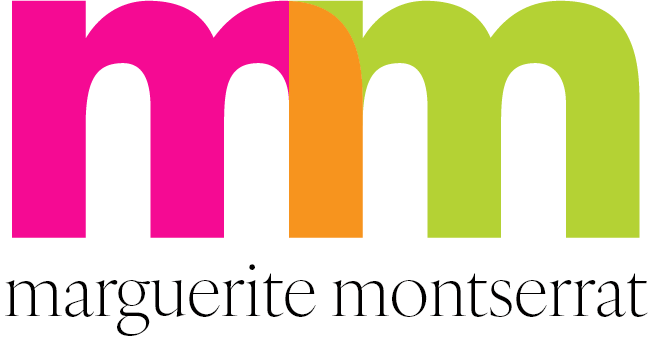Ethel Schwabacher: A Pioneering Expressionist Artist
Ethel Schwabacher (1903-1984) was an American Abstract Expressionist painter born in New York City. Her creative prowess and unique visual language set her apart in the male-dominated art world in the mid-20th century. Schwabacher's paintings, characterized by their vibrant colors, thick layers of paint, and raw, gestural brushstrokes, not only defied the traditional norms of the period but also celebrated the power and dynamism of the female artistic spirit.
Schwabacher grew up in a supportive environment; her artistic journey began early, with her parents encouraging her passion for painting. In 1923, she joined the Art Students League in New York, studying under the influential artists Boardman Robinson and Max Weber. Later, in 1929, she spent a year in Paris, attending the Académie de la Grande Chaumière, expanding her knowledge and skillset.
During the 1940s, Schwabacher's work started gaining momentum in art. During this period, she developed her unique artistic style, influenced by European modernist movements like Surrealism and Abstract Expressionism. Her paintings often dealt with themes of psychological depth, introspection, and the inner human psyche. She also drew inspiration from poetry and literature, particularly from the works of the Greek tragedians and the poets of her time.
Throughout her career, Schwabacher faced various challenges, including pervasive gender discrimination in art. Despite being associated with prominent Abstract Expressionist artists such as Willem de Kooning and Jackson Pollock, she was often marginalized and overlooked due to her gender. This exclusion fueled her artistic explorations and allowed her to develop her distinctive voice.
Schwabacher's creative career took a brief hiatus in the 1950s due to personal struggles, including the tragic death of her brother and the onset of her debilitating illness. However, she eventually returned to painting in the 1960s, channeling her emotions into her art, and marked a new phase in her work, with a stronger focus on spiritual themes and a more simplified aesthetic approach.
Schwabacher actively participated in numerous group and solo exhibitions throughout her career, garnering recognition for her unique artistic vision. She was a trailblazer for women artists in the Abstract Expressionist movement, and her courage and perseverance in the face of adversity left an indelible mark on the art world.
In conclusion, Ethel Schwabacher's pioneering spirit and innovative expressionist style contributed to the evolution of modern art in the 20th century. Today, her work is a testament to the power of creative expression and the importance of inclusivity in the art world. Her perseverance in the face of gender discrimination and personal hardships remains an inspiration for future generations of female artists. More

